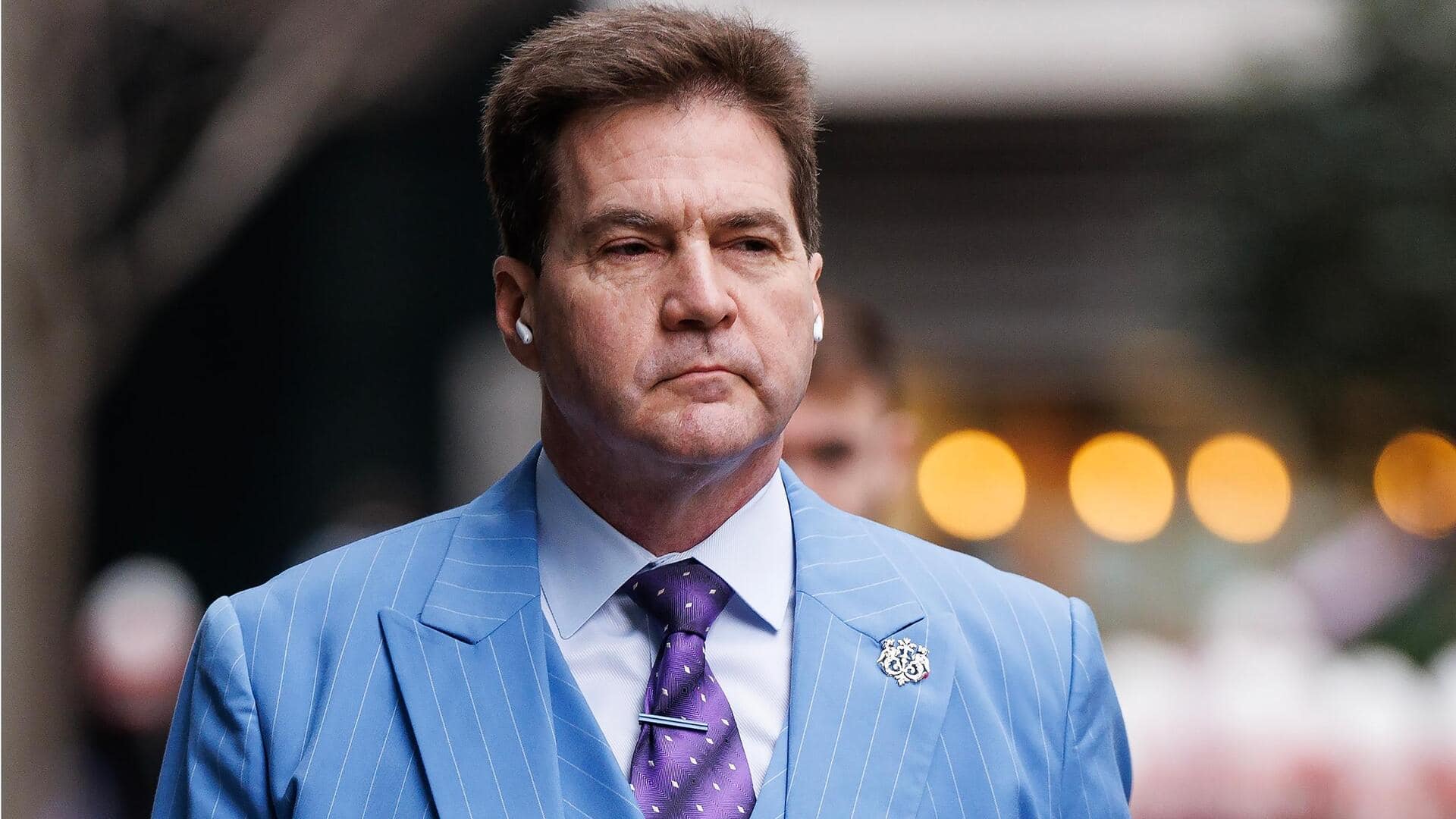
Computer scientist convicted for repeatedly lying about inventing Bitcoin
What's the story
Australian computer scientist and businessman Craig Wright has been found guilty of contempt of court for repeatedly claiming that he is the elusive creator of Bitcoin, Satoshi Nakamoto. Despite a UK High Court ruling in March that dismissed Wright's claims and ordered him to stop making such assertions, he continued to pursue legal action. Wright claimed his intellectual property rights over Bitcoin and demanded a staggering $1.2 trillion (£911 billion).
Legal consequences
Wright's actions deemed 'flagrant breach' of court order
Wright's repeated legal actions were considered a "flagrant breach" of the original court order by a judge, leading to a 12-month prison sentence, suspended for two years. This means that if Wright, an Australian living in the UK, continues to assert he invented Bitcoin, he could be imprisoned. During his videolink trial, Wright refused to disclose his whereabouts other than saying he was somewhere in Asia.
Court's response
Wright's actions labeled as 'legal terrorism'
Wright's dogged legal pursuits were described in court as "legal terrorism" that caused "personal hell" to people in his bid to be recognized as Bitcoin's creator. The presiding judge, Justice Mellor, called Wright's arguments "legal nonsense." He also observed that Wright wasn't even in the UK and appeared to be well-acquainted with countries without extradition treaties with the UK.
Unfounded assertions
Wright's claims to be Bitcoin creator began in 2016
Wright first claimed to be Satoshi Nakamoto, the anonymous inventor of Bitcoin, back in 2016. As the founder of Bitcoin, Nakamoto could be one of the richest people on the planet. However, Wright's claim was mostly rejected by the cryptocurrency community as he failed to provide solid evidence. In his attempt to prove he was Nakamoto, he even filed expensive legal cases against skeptics.
Industry response
COPA forced high court trial to halt Wright's legal actions
The Crypto Open Patent Alliance (COPA), an industry company group, forced a high court trial this year to stop Wright from filing any more lawsuits. A judge ruled in COPA's favor, noting that Wright had "lied extensively" to support his false claim. Jonathan Hough, a COPA lawyer, called parts of Wright's behavior during the trial bordering on absurdity but noted its dire consequences and stifling effect on the industry.